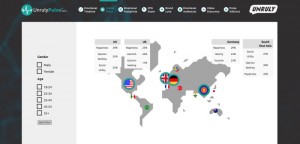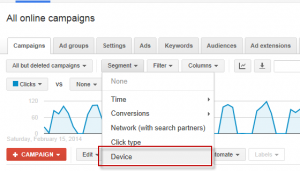— August 5, 2019
Imagine your role for a moment. Picture it. Do you see yourself leading a team of empowered employees, or are you at the centre of every decision in your business?
Many owners find themselves stuck in something called a hub & spoke model — held at the centre of their business, responsible for every decision.
In this model, your business depends on you for its survival. And the model is only as strong as the hub. The moment you are overwhelmed, the entire system falls flat.
Acquirers generally avoid these types of managed businesses because they understand the dangers of buying a company too dependent on the owner.
Are you a Hub & Spoke owner?
Here’s a list of the 5 top warning signs that your business could be too dependent on you.
1. You are the only signing authority
Most business owners give themselves final authority… all the time. But what happens if you’re away for a few days and a supplier needs paying? Putting the right people and processes in place to handle payments is an essential part of building a valuable business.
Consider a payment release process. For instance, give two employees co-signing authority to an acceptable limit. Nowadays, you can check your bank account online. That way, you can review everything coming out of your account and make sure the payment process is working correctly.
2. Your revenue is flat when compared to last year’s
Flat revenue from one year to the next is another sign you are a hub in a hub-and-spoke model. Like forcing water through a hose, you have only so much capacity. No matter how efficient you are, every business that depends on its owner reaches capacity at some point.
Consider narrowing your product and service line by eliminating technically complex offers that require your involvement, and instead focus on selling fewer things to more people.
3. Your holiday doesn’t feel like a vacation
If you spend your vacations dispatching orders from your mobile, it’s time to cut the tether. Start by taking one day off and seeing how your company does without you. Build systems for failure points. Work up to a point where you can take a few weeks off without affecting your business.
4. You know all of your customers by their first names
It’s good to have strong relationships. However, knowing every single customer on a first name basis can be a sign that you’re the glue that holds your business together.
Consider replacing yourself as a rainmaker. Hire and coach a sales team. And as inefficient as it seems, have a trusted employee shadow you when you meet customers so over time, your customers get used to dealing with someone else.
5. You get copied on more than five e-mails a day
Employees, customers and suppliers constantly cc’ing you on e-mails can be a sign that they are looking for your tacit approval. Or that you have not made clear when you want to be involved in their work.
Start by asking your employees to stop using the cc line in an e-mail. Instead, ask them to add you to the “to” line if you really must be made aware of something – and only if they need a specific action from you.
Business & Finance Articles on Business 2 Community
(21)






